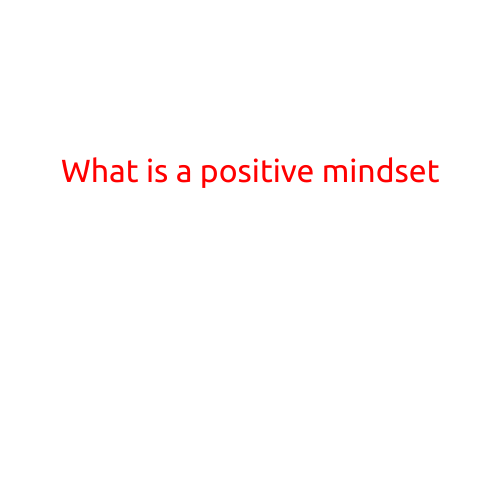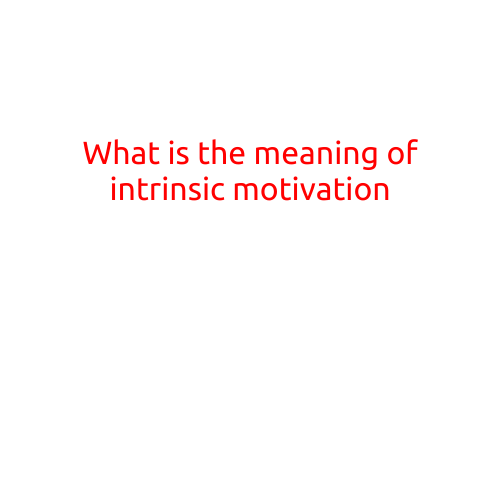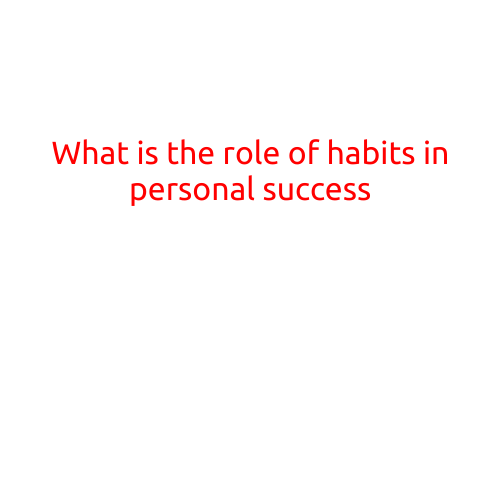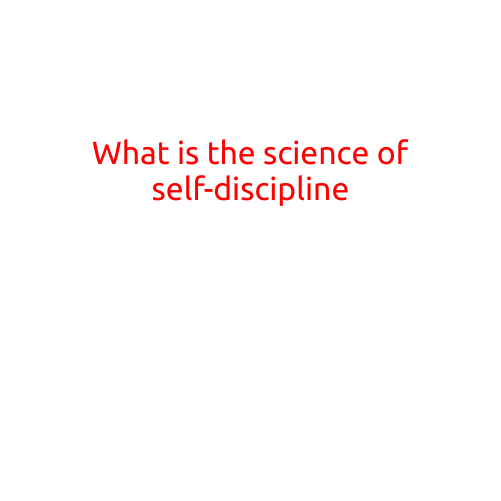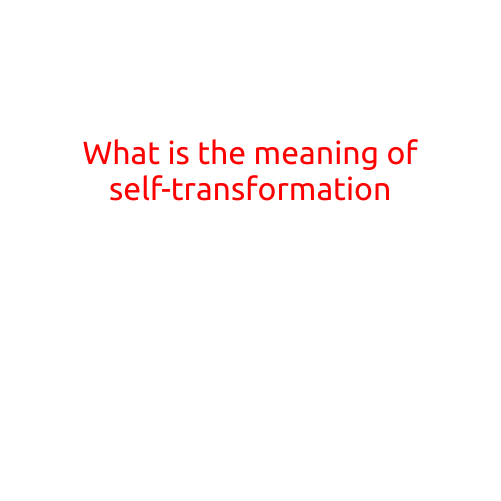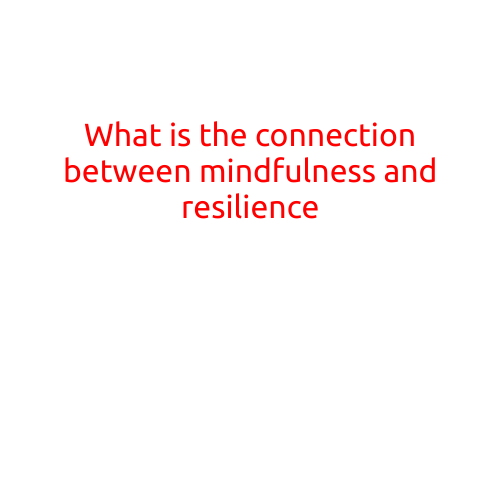
What is the Connection Between Mindfulness and Resilience?
In today’s fast-paced and often chaotic world, cultivating resilience has become a top priority for individuals and organizations alike. While there are many strategies for building resilience, one crucial element that has gained significant attention in recent years is mindfulness. But what is the connection between mindfulness and resilience, and how can practicing mindfulness help us develop resilience?
Defining Resilience and Mindfulness
Before diving into the connection between mindfulness and resilience, let’s define what we mean by each term.
Resilience refers to the ability to withstand, recover from, and adapt to adversity, trauma, or significant change. It involves a range of cognitive, emotional, and behavioral processes that help individuals cope with stress, uncertainty, and loss.
Mindfulness, on the other hand, is the intentional practice of awareness and acceptance of the present moment, without judgment or attachment. It involves paying attention to the sensations, thoughts, and emotions that arise in the present moment, while cultivating a non-judgmental awareness of them.
The Connection Between Mindfulness and Resilience
Research has consistently shown that mindfulness is a key component of resilience. Here are some ways in which mindfulness contributes to resilience:
- Enhances Emotional Regulation: Mindfulness helps individuals develop better emotional regulation skills, which is essential for resilience. By becoming more aware of their emotions, individuals can identify and manage their emotional responses more effectively, reducing the impact of negative emotions on their well-being.
- Increases Self-Awareness: Mindfulness cultivates self-awareness, which is critical for resilience. Self-awareness helps individuals recognize their strengths, weaknesses, and limitations, enabling them to develop effective coping strategies and make informed decisions.
- Fosters Adaptability: Mindfulness promotes adaptability, which is a key element of resilience. By being more open and receptive to new experiences, individuals can better navigate changing circumstances and adapt to challenges more easily.
- Reduces Stress and Anxiety: Mindfulness has been shown to reduce stress and anxiety by promoting relaxation and calmness. Lower levels of stress and anxiety can improve overall well-being and increase resilience.
- Improves Sleep: Mindfulness has been linked to improved sleep quality, which is essential for overall well-being. Good sleep can help individuals recover from stress and adversity more effectively, making it easier to bounce back from challenging situations.
- Enhances Problem-Solving: Mindfulness can improve problem-solving skills by allowing individuals to approach challenges with a clear and focused mind. This can help individuals develop more effective coping strategies and find creative solutions to problems.
- Supports Social Connection: Mindfulness can foster social connection and community, which are critical for resilience. By being more present and engaged in relationships, individuals can build stronger bonds with others and access valuable social support networks.
Practicing Mindfulness for Resilience
While the connection between mindfulness and resilience is clear, it’s essential to note that mindfulness is not a one-size-fits-all approach. Here are some tips for incorporating mindfulness into your daily life:
- Start small: Begin with short mindfulness exercises, such as body scan or mindful breathing, and gradually increase the duration and frequency.
- Practice regularly: Aim to practice mindfulness daily, ideally at the same time each day.
- Use mindfulness apps: Utilize apps like Headspace, Calm, or Insight Timer to guide your mindfulness practice and track your progress.
- Engage in mindfulness activities: Incorporate mindfulness into your daily activities, such as eating, walking, or showering.
- Seek guidance: Consider working with a mindfulness coach or therapist to develop a personalized mindfulness practice.
In conclusion, the connection between mindfulness and resilience is profound. By cultivating mindfulness, individuals can develop the skills and strategies necessary to build resilience and navigate the challenges of everyday life. Whether we’re facing personal or professional adversity, mindfulness offers a powerful tool for developing the resilience we need to thrive.

